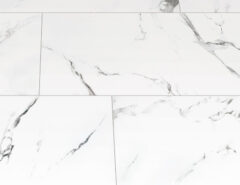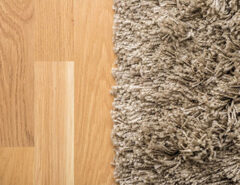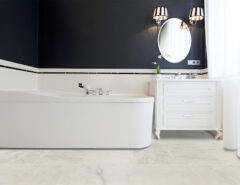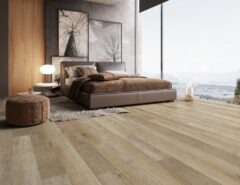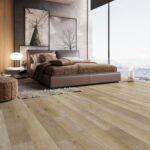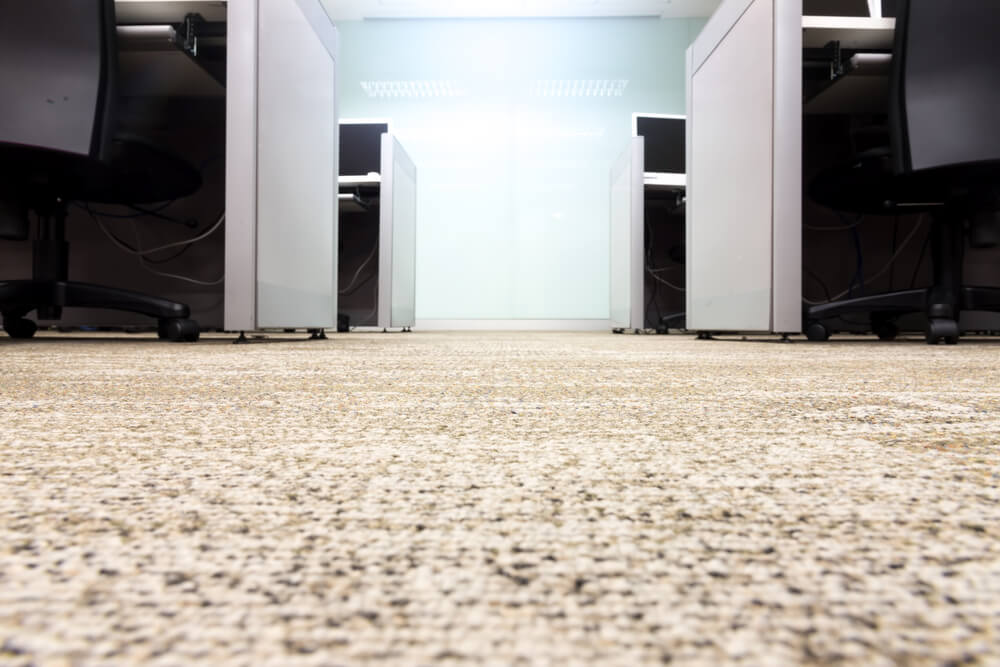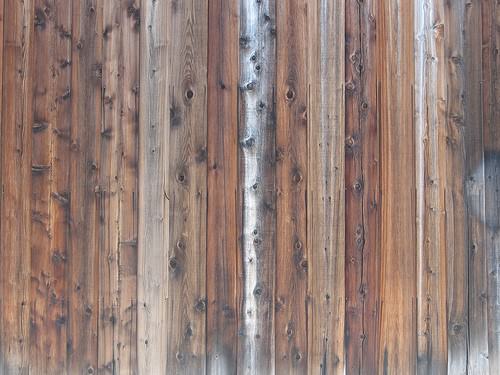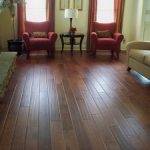Every so often in the flooring industry, a new advancement or feature strikes a chord with home owners and building professionals alike, and right now the waterproof vinyl flooring market in particular is having one of those moments. Hot on the heels of the building popularity of WPC flooring over the last 5 years, the newest must-have in the flooring world is known as rigid core flooring. Before we take a deeper dive into what exactly rigid core flooring is, and why it’s so popular, I’ll take a few step backs and talk about waterproof vinyl flooring in general.
What Is Waterproof Vinyl Flooring?
Waterproof vinyl flooring is–you guessed it–any type of vinyl flooring that has been designed to be 100% waterproof. More specifically, waterproof vinyl floors are multi-layer planks with core layers specially designed for dimensional stability in the face of moisture. Their construction also make them exceptionally durable in high-traffic areas of both residential and commercial spaces.
The multiple layers of waterproof vinyl are designed to protect them from the elements. Most of them come with an underpad attached as the bottom layer which offers sound insulation, resists mold and mildew, and provides enough protection to preclude the need for a separate underlayment depending on the installation location. The middle layer is durable, resilient, and resists chips. The top layer features a protective coating, which guards against wear and tear, is easy to clean, and provides quality stain-resistant features. The thicker the top layer, the more protection you have.
The two most popular types of waterproof vinyl flooring are wood plastic/polymer composite (WPC), and rigid core vinyl, each offering their own benefits. As mentioned earlier WPC flooring started becoming popular five years ago, but in recent years there has been an increasing demand for rigid core flooring. Because of an increase in the types of products available on the market, rigid core should experience a similar upswing in popularity over the next few years.
WPC Flooring
Also called waterproof core, WPC flooring consists of thermoplastics, wood flour, and calcium carbonate. The floor boards come in realistic planks and resembles real wood. This waterproof composite material can go over most subfloors without a lot of preparation depending on the installation location and building codes. Because of its waterproof nature, WPC works well in areas that experience moisture, including bathrooms and basements. This is a huge advantage, as liquid beads up on top of the flooring, allowing you to clean it up quickly and prevent any damage. No matter how much liquid they come in contact with, the planks will not swell or peel.
Another main advantage over luxury vinyl tile (LVT), which is another popular flooring choice, is that WPC products can hide subfloor imperfections that can occur even on level installation sites. You don’t have to rip up any old flooring before installing WPC laminate.
Rigid Core Vinyl
A more recent addition to the waterproof flooring market is rigid core vinyl. Made from natural limestone powder, polyvinyl chloride, and stabilizer, rigid core vinyl is an extremely durable, completely waterproof flooring option. In fact, even if you were to completely submerge an rigid core vinyl plank in water it wouldn’t show any signs of damage. It’s also incredibly easy to install on several different types of floor bases thanks to its click locking system. You can easily install rigid core vinyl on top of concrete, ceramic, or already-installed flooring. Often referred to as floating floors since they aren’t glued down, this flooring option is also faster to install than the traditional glue-down method.There are several benefits that come with rigid core vinyl floors. They are softer underfoot than wood and laminate floors, so you might want to consider using them for places on which you will stand for extended periods, such as the kitchen. This type of flooring is a perfect choice if you have knee or back pain since it provides a measure of comfort. Vinyl floors also stay at room temperature, even during colder months. You might be able to pair these floors with radiant heating systems, making the floor seem even warmer to walk on.
Waterproof Vinyl Flooring Cost

When it comes to the cost of rigid core flooring, it depends on the type of veneer used on top of the board. If you opt for vinyl, you will pay less than you would for engineered wood flooring. For WPC flooring, prices usually lie somewhere between laminate and engineered hardwood. It is about 30 to 40 percent the cost of hardwood. Expect to pay anywhere between $2 and $4 per square foot.
The cost of installation of rigid core flooring is comparable to that of laminate or vinyl flooring. However, if you are handy and enjoy working on do-it-yourself projects, you can save yourself additional money and install the flooring yourself. You don’t need experience as a contractor for successful installation as you would for hardwood.
Future of Rigid Core Flooring
Technology continues to advance, and manufacturers are working on a variety of engineered hardwood veneers consisting of a rigid core. Innovations in design and performance have allowed LVT to become one of the fastest-growing types of flooring, so there’s no reason to think the same won’t happen to rigid core flooring.
The consensus among industry professionals is that waterproof vinyl flooring will continue to expand, but it won’t take away from the LVT market. These professionals believe that rigid core, WPC, and LVT can coexist because of their own pros and cons. Waterproof vinyl products helped solve certain challenges that LVT couldn’t, such as working well on an uneven subfloor texture. In the same regard, there are instances in which the click-lock system doesn’t work well for installation purposes.
If you plan to update any floors in your house, consider rigid core flooring. Whether you opt for WPC or rigid core is up to you, but either way, you will create a beautiful new look in your space that will stand up to decades of wear and tear, and of course, water.

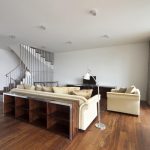

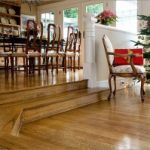


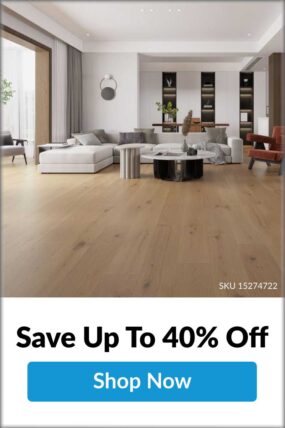

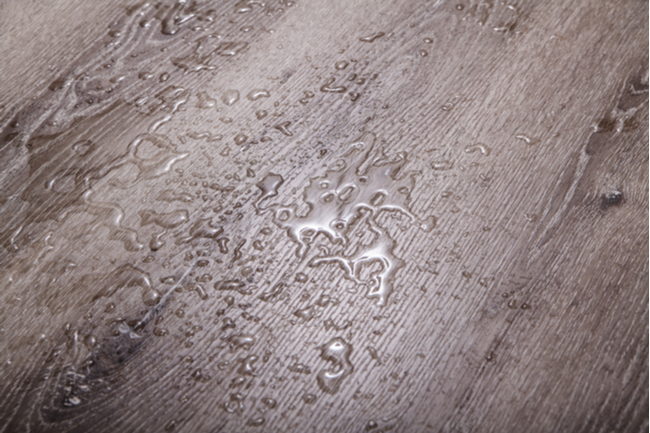




 (1 rating, average rating is 4.00/5)
(1 rating, average rating is 4.00/5)

